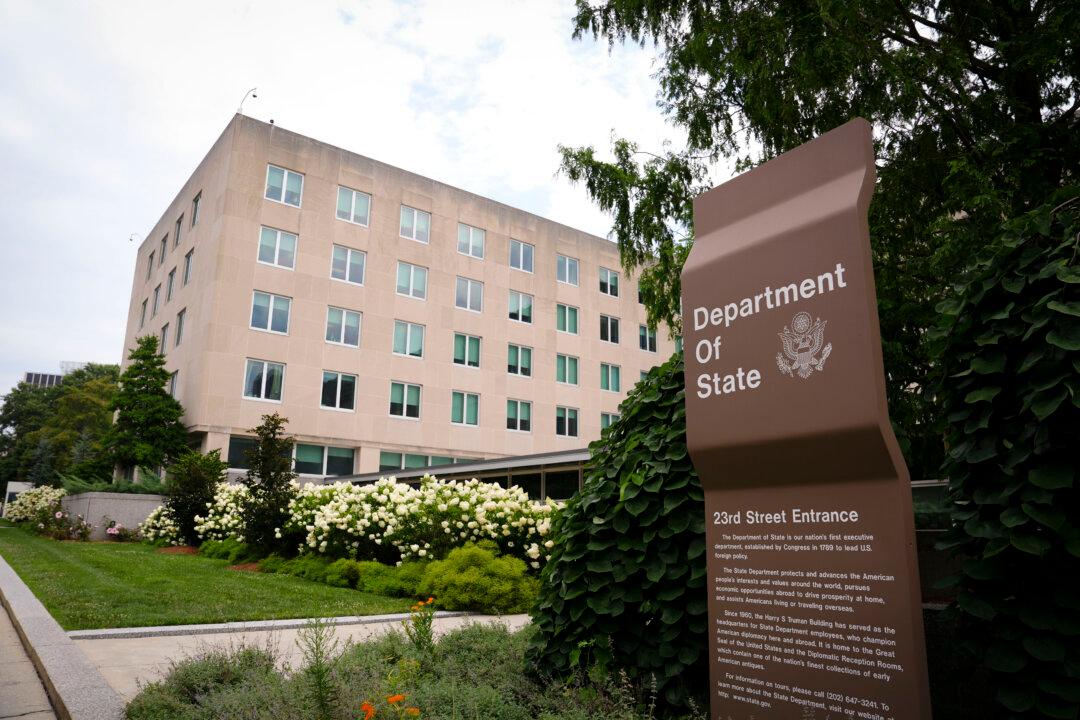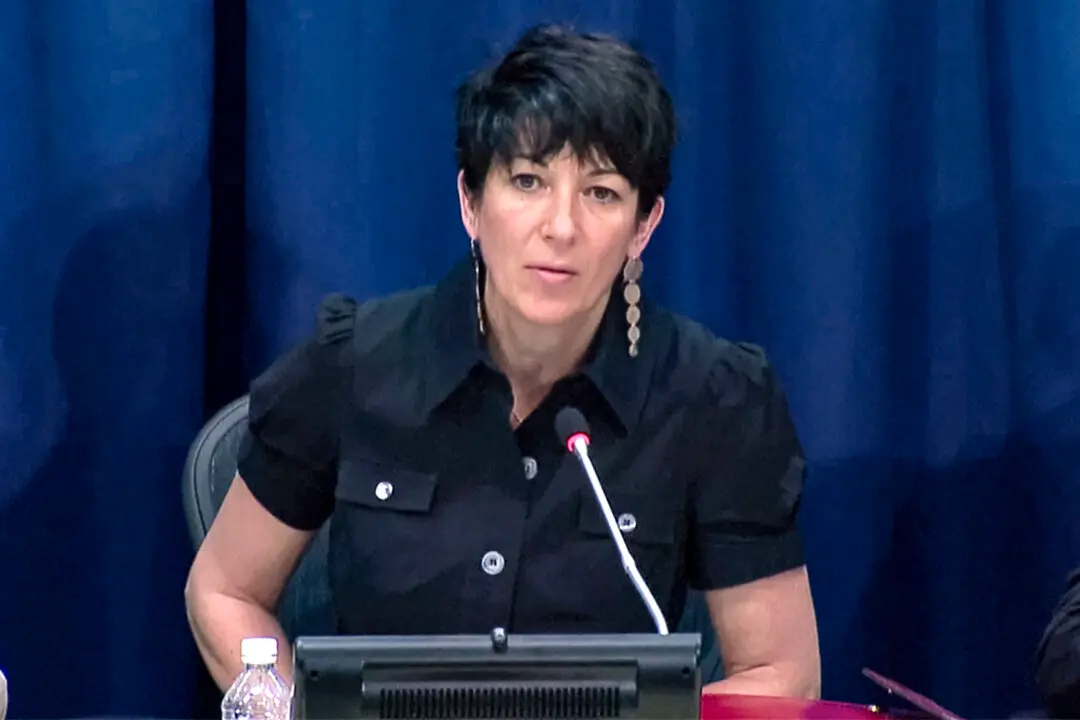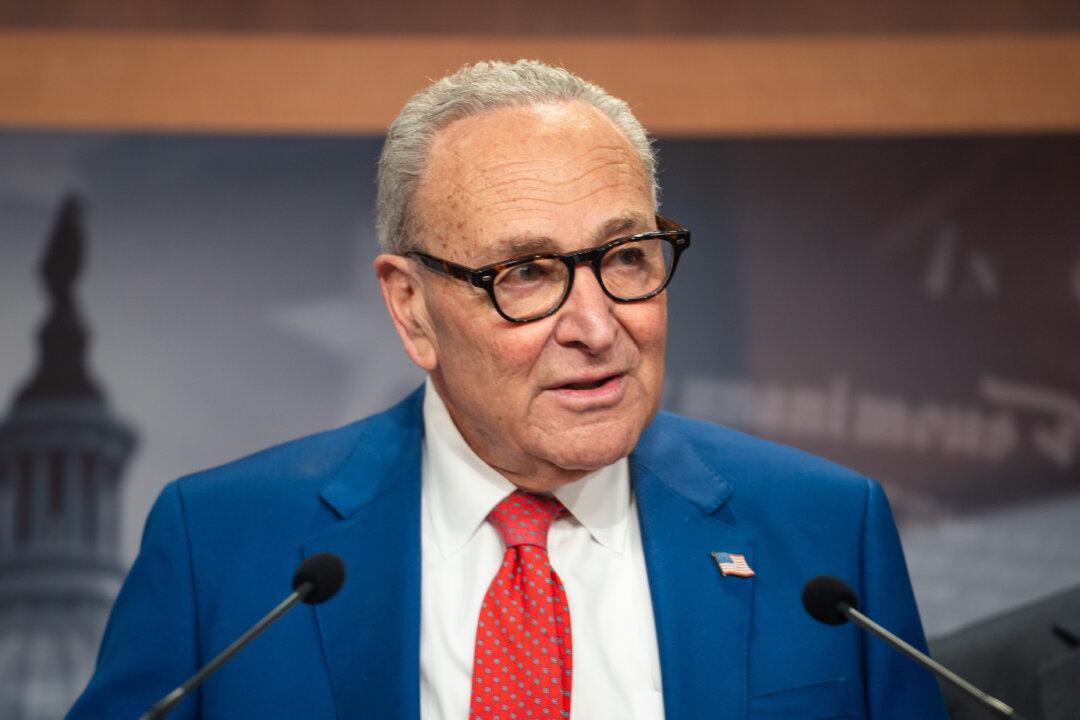Those who want to be employed or promoted at the State Department must complete a Diversity, Equity and Inclusion (DEI) requirement, according to documentation obtained by The Epoch Times.
“Foreign Service employees are expected to demonstrate impact in diversity, equity, inclusion, and accessibility by progressively building upon the skills and qualities outlined below,” states the document, entitled “Decision Criteria for Tenure And Promotion In The Foreign Service 2022–2025.”





